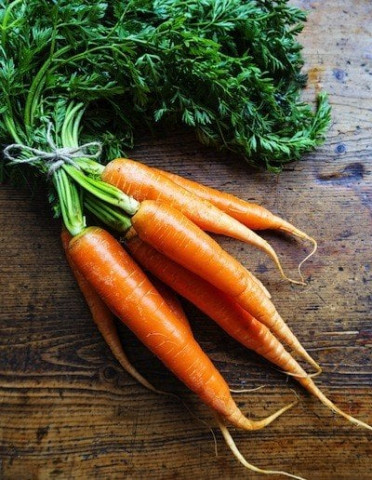Scientists develop carrot bed planter
Innovation will increase farmers’ income, crop productivity

Speaking at an event to mark the occasion, UAF Vice Chancellor Dr Muhammad Ashraf said mechanisation was the key to achieving maximum agricultural yield. “Unfortunately, we could not go for mechanisation, which enables farmers to achieve productivity on a par with the farming community in the modern world.”
Quoting the example of China, Ashraf said it followed the modern trend that was not only helping it get maximum production but was also fetching valuable foreign exchange.
Ashraf added that in China every farmer was earning at least $8,000 per annum.
He said at the time of independence of Pakistan, per capita water availability was 5,000 cubic metres, which has now declined to 900 cubic metres.
He emphasised that it had become the need of the hour to shun traditional ways of farming and promote highly efficient irrigation for a better tomorrow. “It is necessary to educate farmers about the modern irrigation techniques,” he said.
Water Management Research Centre (WMRC) Director Muhammad Arshad said they were practising reverse engineering techniques to develop affordable machinery for the small farmers.
WMRC Research Officer Ahmad Waqas said modern irrigation techniques like bed planting would help the country save 40-50% of water and use half of the seed quantity compared to the traditional ways of farming.
Published in The Express Tribune, January 2nd, 2020.
Like Business on Facebook, follow @TribuneBiz on Twitter to stay informed and join in the conversation.



















COMMENTS
Comments are moderated and generally will be posted if they are on-topic and not abusive.
For more information, please see our Comments FAQ